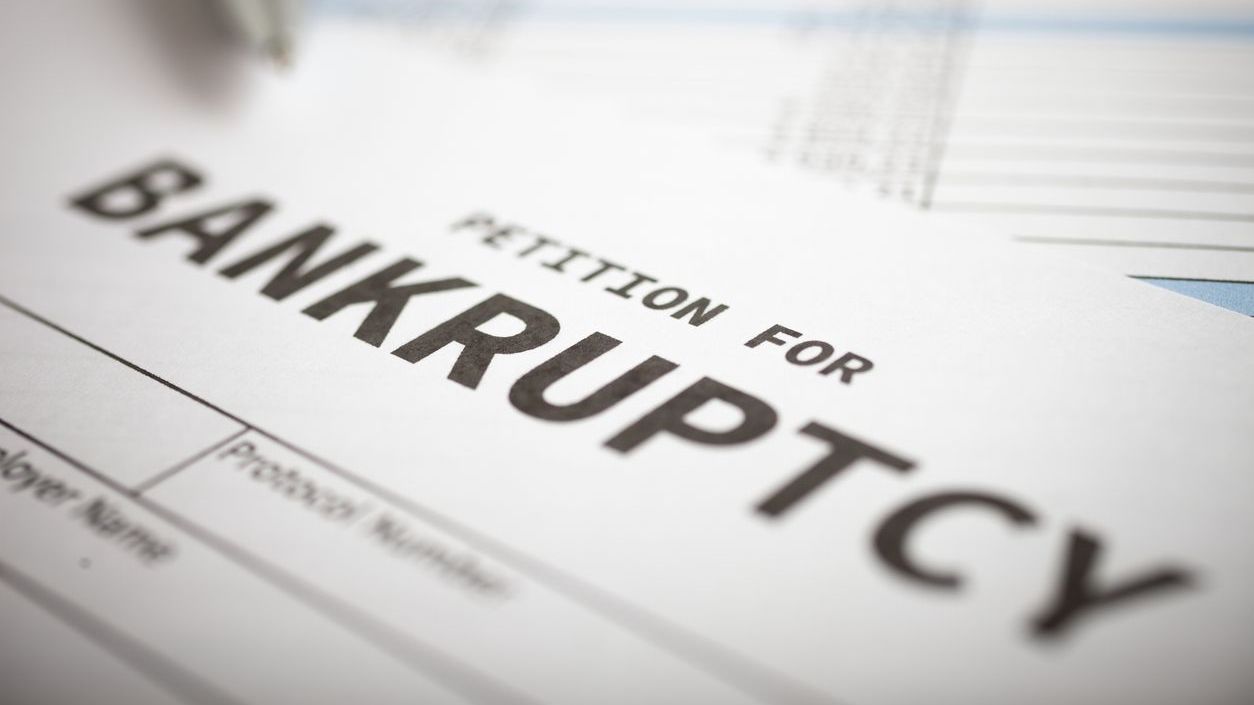

Creating a last will and testament is a common way to share your wishes for how you want your assets and affairs handled after you die. While it’s easy to proclaim that everyone should have a will, first we should understand what it does. A last will and testament is a legally bound document detailing how your heirs will receive your assets and wealth. But it doesn’t come without its limitations. Here’s what last will and testaments do and how they play a part in your estate planning process.
A last will and testament have many details including a list of what you want to happen with your assets, appointing an executor, naming beneficiaries and more. This will is a legal document that directs what will happen to your estate and dependents after you die. It’s important to be thorough and detailed in the will. You may also want to work with your financial advisor and lawyer when preparing one.
From your assets to your money, your will describes what you want to happen to your belongings. In your will, you’ll detail how you want certain assets to get handed out. For instance, you may leave your estate to your children or some artwork to a local museum. You can be as specific or as vague as you want, but the more details you provide, the easier it will be to follow.
A last will and testament needs an executor, or someone to carry out the wishes you detail in your will. Your executor is someone you trust to carry out your post-life plans by distributing your assets and other belongings.
While you can appoint anyone to be your executor, you should consider someone you trust completely to handle your affairs. It can be a grown child, other relative or someone you know on a professional level, like a lawyer or financial advisor.
Any assets you want to pass along will need a beneficiary attached to them. For instance, if you pass along your home to a child, your child is a beneficiary. But beneficiaries aren’t limited to people. Organizations can also be beneficiaries.
If you have valuable artwork, jewelry or other items, you may consider donating them to an organization. You can also donate money.
Probate is the legal process of validating a will after you’ve passed. Depending on your assets and wealth, it could take from a few months to a few years to complete.
Your executor has about a month or so to file your will document with probate court. Probate happens with or without a will, but having a will ensures your wishes are carried out the way you wanted.
Probate also handles your debts. Your executor will contact any creditors about outstanding debts about using your assets to pay it off. After bills, taxes and other expenses are paid in full, the remaining estate can be distributed.
If you made a will early on in your life and circumstances have changed, you’re allowed to update your last will and testament. For example, if you’ve had children since you created your will, your updated version should detail their new guardian after your passing.
While a will is a legally binding document, changes happen. You can make amendments to your current will or create a new one to replace the old one. It’s best to make changes as soon as they occur. In the event something happens to you and your will isn’t updated, the courts decide how to handle your affairs.

While a will does have some flexibility when it comes to being updated over the years, there are a few things it can’t do after you die. For starters, a will can’t leave money in a living trust, 401(k) or IRA, especially if you have beneficiaries for each.
You also can’t put stipulations on your beneficiaries in your will. For example, you can’t state in your will that your daughter can get the $10,000 you left her only after she breaks up with a boyfriend you never liked.
Another important detail that your will can’t take care of is your funeral. Your family and executor may not read the will until after your arrangements, so it’s smart to discuss these details with them earlier in your life or write them down in a different document.
While Fido is surely a member of your family, too, your will can’t leave money to your pet. Instead, your will can state who becomes Fido’s new guardian with instructions for the pup’s care.
Lastly, a will can’t write itself. It’s important to take the time to draft this important document before your last days so that your belongings are taken care of. You can write a will yourself or work with a lawyer or financial advisor to ensure you covered all of your assets. It’s never too early to draft a will either, so if you don’t have one, consider creating one soon.

A will is an important legal step in ensuring your assets and affairs are distributed how you please, but it’s not your only option. You can also look into creating a trust. This is where your assets are transferred to a trust and a trustee manages it. Most trusts skip the probate process and are easier to manage. This can be good for both you and your beneficiaries since probate can be a lengthy and expensive process. Before you create a will, explore your post-life options. You may find that there are better choices for your financial situation.
Photo credit: ©iStock.com/Marilyn Nieves, ©iStock.com/RuslanDashinsky, ©iStock.com/djedzura
Dori ZinnDori Zinn has been covering personal finance for nearly a decade. Her writing has appeared in Wirecutter, Quartz, Bankrate, Credit Karma, Huffington Post and other publications. She previously worked as a staff writer at Student Loan Hero. Zinn is a past president of the Florida chapter of the Society of Professional Journalists and won the national organization's "Chapter of the Year" award two years in a row while she was head of the chapter. She graduated with a bachelor's degree from Florida Atlantic University and currently lives in South Florida.
Read More About Retirement



More from SmartAsset
SmartAsset Advisors, LLC ("SmartAsset"), a wholly owned subsidiary of Financial Insight Technology, is registered with the U.S. Securities and Exchange Commission as an investment adviser. SmartAsset's services are limited to referring users to third party advisers registered or chartered as fiduciaries ("Adviser(s)") with a regulatory body in the United States that have elected to participate in our matching platform based on information gathered from users through our online questionnaire. SmartAsset receives compensation from Advisers for our services. SmartAsset does not review the ongoing performance of any Adviser, participate in the management of any user's account by an Adviser or provide advice regarding specific investments.
We do not manage client funds or hold custody of assets, we help users connect with relevant financial advisors.
This is not an offer to buy or sell any security or interest. All investing involves risk, including loss of principal. Working with an adviser may come with potential downsides such as payment of fees (which will reduce returns). There are no guarantees that working with an adviser will yield positive returns. The existence of a fiduciary duty does not prevent the rise of potential conflicts of interest.